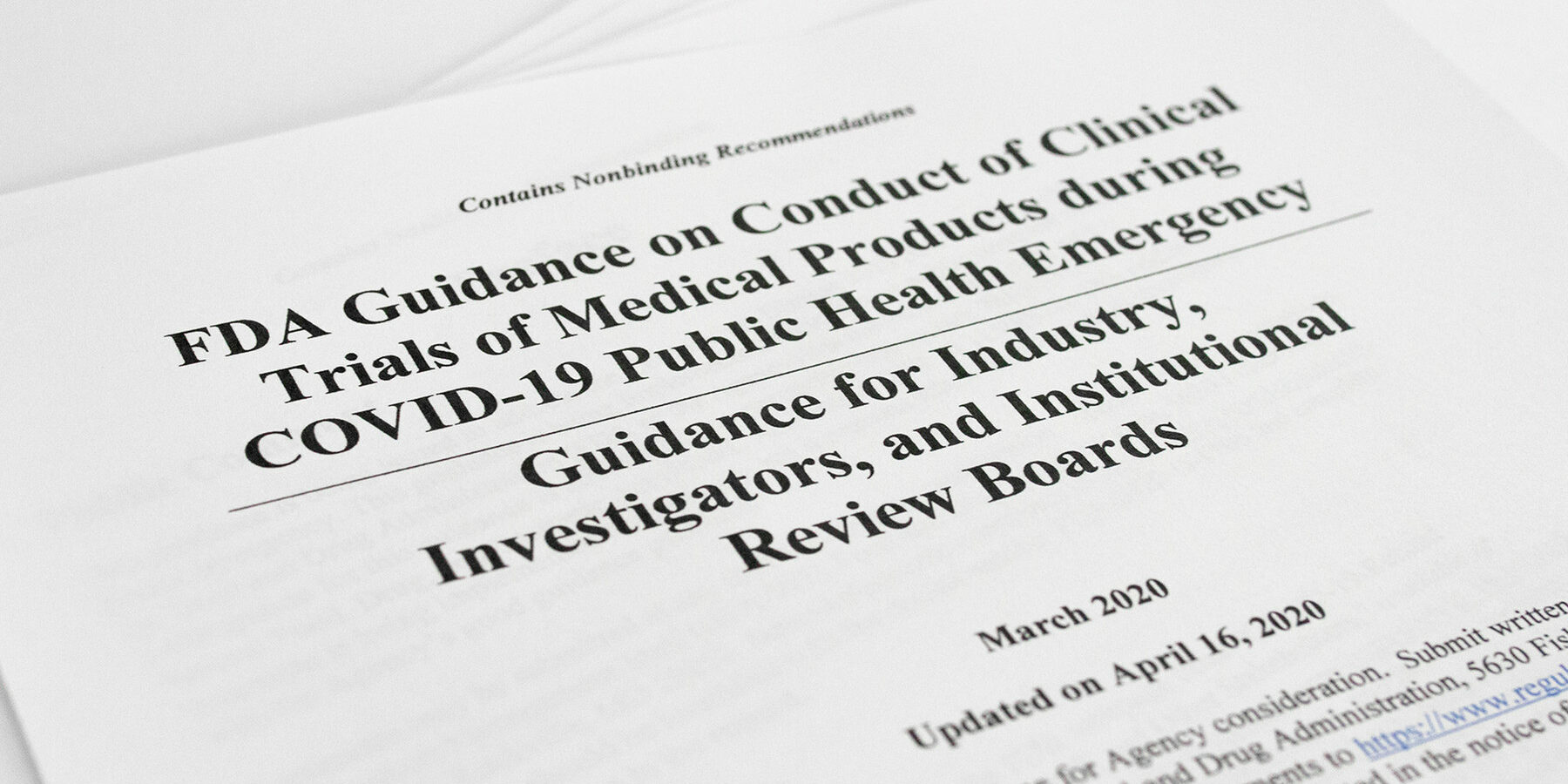U.S. State Laws Govern the Dispensing, Labeling, and Counseling Requirements for Investigational New Drugs
When conducting clinical trials, sponsors have traditionally looked to 21 C.F.R. §312, and not state law, for guidance. Upon closer examination of state laws, however, it becomes clear that states throughout the country categorize Investigational New Drugs (“INDs”) as prescription drugs. When categorized in this manner, the full scope of the various state pharmacy laws apply, imposing a multitude of legal requirements regarding the dispensing of, labeling of, and provision of patient counseling for INDs. In addition to these requirements for prescription drugs generally, many states have also drafted laws and regulations that specifically target INDs, imposing further legal obligations.
1. The Federal Food, Drug, and Cosmetic Act Requires INDs to be Dispensed Under a Prescription.
The Federal Food, Drug, and Cosmetic Act (the “FD&C” Act) defines prescription drugs as any drug that “because of its toxicity or other potentiality for harmful effect, or the method of its use, or the collateral measures necessary to its use, is not safe for use except under the supervision of a practitioner licensed by law to administer such drug.” INDs clearly fall into this category because, by their nature as drug products undergoing clinical trials for safety and efficacy, they have a clear “potentiality for harmful effect” and are “not safe for use except under the supervision of a practitioner[.]”
2. State Pharmacy Laws include INDs in their Definitions of Prescription Drug.
All 50 states chose to use the same characteristics as the FD&C Act to define prescription drugs, meaning that, for every single state, INDs fall under the state law definition of prescription drug. Only one state, Missouri, expressly exempted INDs from its definition of prescription drugs. Missouri’s specific exclusion of INDs from its definition of prescription drugs provides strong evidence that each of the other states intended for INDs to be included in their respective definitions.
3. As Prescription Drugs, State Laws Govern the Dispensing, Labeling, and Counseling Requirements for INDs.
As prescription drugs, INDs are governed by all of the applicable state law dispensing, labeling, and counseling requirements. For example, state laws generally restrict the dispensing of prescription drugs to pharmacists and also require a pharmacist to offer to provide patient counseling when dispensing those drugs, with some states expanding the ability to dispense or counsel to certain other pharmacy personnel, such as pharmacy students or technicians. Most states also provide an exemption to those requirements for physicians providing medications to their own patients. In addition to these types of dispensing and counseling requirements, state laws also generally compel the labeling of a multitude of items on prescription drug labels prior to dispensing, including, among other items, the directions for use, patient name, and quantity of drugs dispensed.
4. More Than Half of States Have Specific Laws Governing the Dispensing or Labeling of INDs.
19 states place explicit requirements on the distribution or dispensing of INDs. The most common of these restrictions requires INDs for inpatient use to be stored and dispensed only from a pharmacy. Other types of IND restrictions place the responsibility for distribution generally in the pharmacy, or qualify the situations in which certain professionals can administer INDs. 18 states also explicitly reference INDs in their labeling requirements. Among these states, the most common labeling requirements are that INDs must be “properly labeled.” Other common requirements include itemized lists of label requirements for INDs or placing the responsibility for labeling generally in the pharmacy.
5. Sponsors Must Label, Dispense, and Provide Counseling for INDs in Accordance With State Law Requirements.
The FD&C Act establishes that INDs are prescription drugs. Every single state followed the FD&C in creating their respective definitions for prescription drugs, and only one state specifically exempted INDs from that definition. As prescription drugs, the state law requirements for prescription drug dispensing, labeling, and counseling therefore apply to INDs. In addition, more than half of the states have laws that place additional requirements specifically on INDs.



